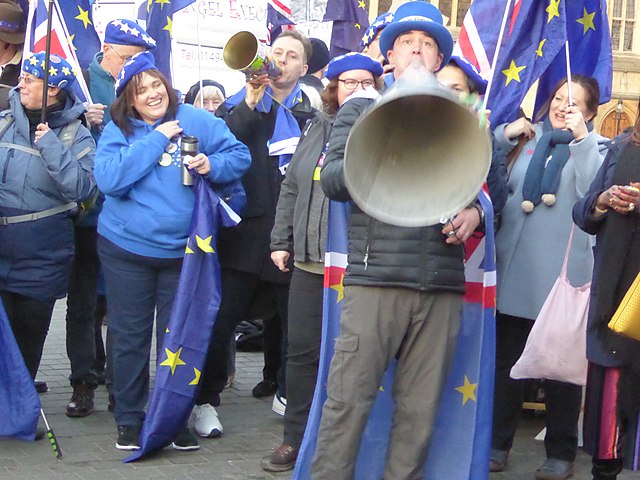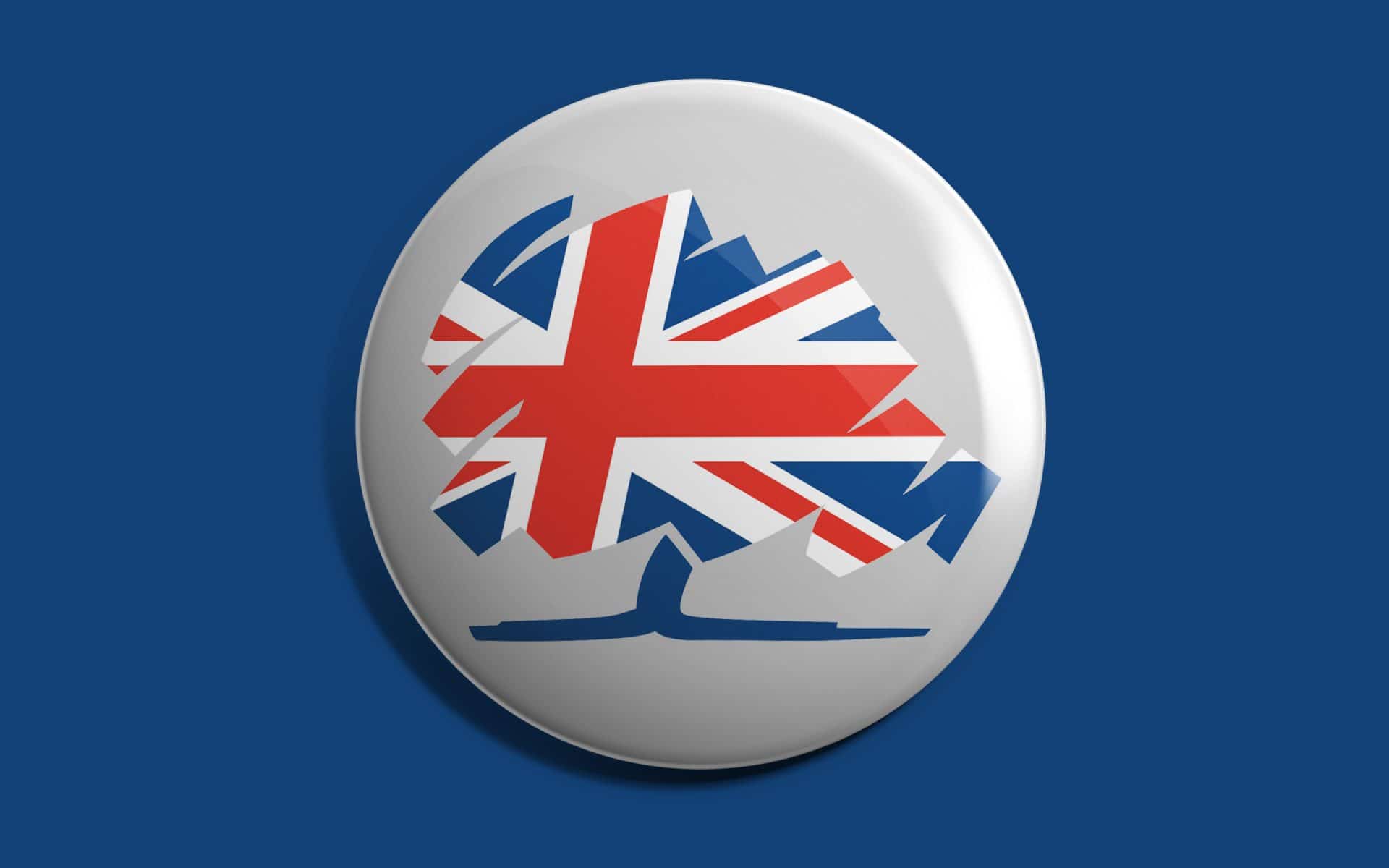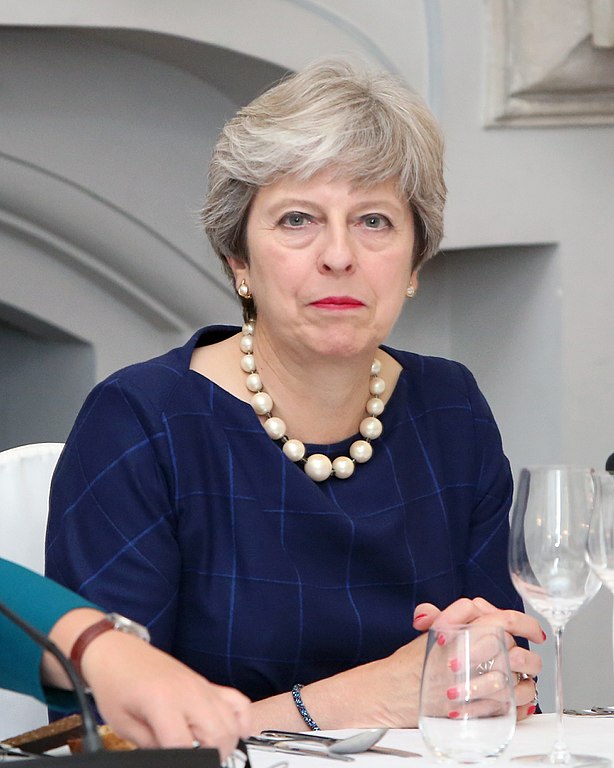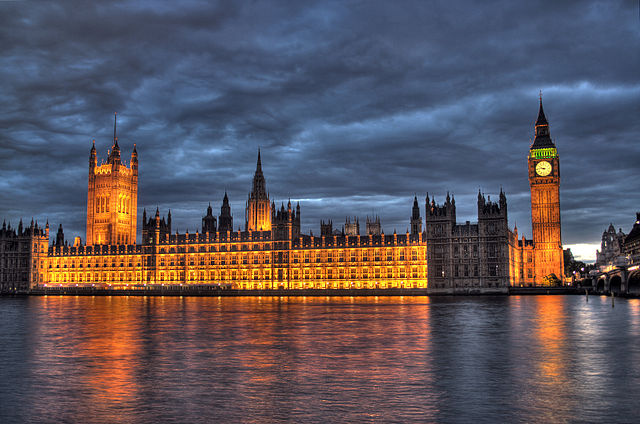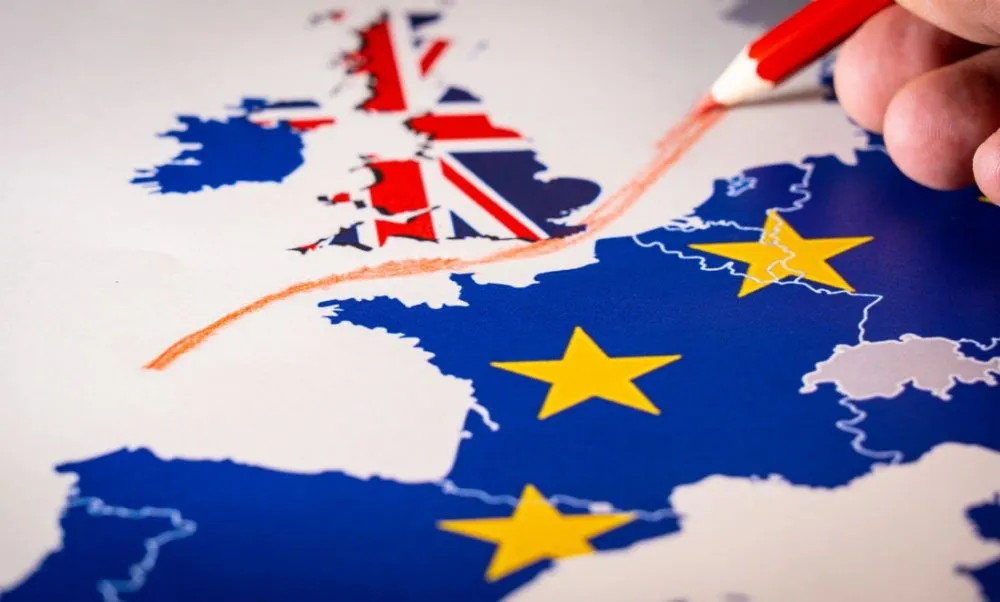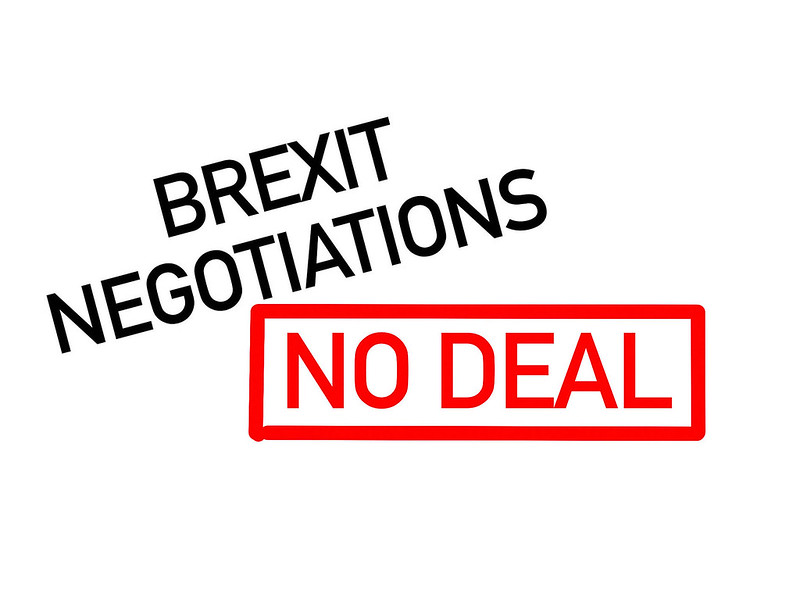10 January 2019 | OPINION
Is supporting the full withdrawal of Britain from the European Union an extreme position? According to Philip Hammond, who last month labelled Brexiteers as ‘extremists’, it is.
Recent articles about how Brexit is fuelled by ‘bigotry’and England Manager Gareth Southgate asserting that Brexit has ‘racial undertones‘ is not helping to unite a divided country; rather it is creating further polarisation. In the same way that only a tiny minority of those in the Labour Party are anti-Semitic, only a tiny minority of Brexiteers are racist. Demonising millions of voters as such is no more than slander.
It is too simplistic, even naïve, to dismiss the concerns of 17.4 million people as somehow stupid, ignorant or bigoted. Take the subject of immigration. Rather than acknowledging that it is a reasonable position to argue for lower levels of immigration and engage with the arguments made, many prefer to smear their political opponents with exaggerations and simplifications. This week arguments as nonsensical as: ‘people voted Brexit because they don’t want to hear Polish in their local supermarket’were given airtime. In a world of soundbites and catch lines we are losing the ability to engage in complex issues with anything more than throwaway labels and overly simple retorts. It is time for people to grow up and respect differences of opinion, rather than bullying or abusing those they disagree with.
The extreme intolerance has been disturbing to witness, with assertions that the countries future has been ‘stolen’, and the demonising of older people for being more likely to vote for Brexit than the young. Some Remainers argue that the country would be ‘broken’if we leave the EU without a divorce agreement. Brexiteers assert, with equally emotive language, that those who favour a softer or no Brexit are ‘betraying‘ our country or ‘killing’ democracy. Ad hominem attacks, sweeping generalisations, slippery slope fallacies and attacking the straw man have all seemingly become accepted methods of discrediting Brexit or those who advocate it.
These extremities of British politics, where reasoned arguments have been replaced by hyperbole and aggression, are perhaps the biggest reason why most of the public want the government to get on with Brexit.
This slander is not just confined to one side of the argument. Brexiteers who use the word ‘traitor’for someone who wishes the UK to remain, or the recent footage of Anna Soubry being called a ‘Nazi’, must stop. Newspapers that lead with ‘enemies of the people’ or that publish content accusing the other side of bigotry only help to fuel this. Such tribalism is not new in British politics and anti-establishment figures such as George Galloway and Nigel Farage have been verbally, and occasionally physically abused for years. The nature of the EU debate, from both sides, has become increasingly toxic and as we get closer to the UK’s presumed date of withdrawal on 29th March it will likely get worse.
More nuance must be forthcoming, not only to gain a Brexit consensus the country can get behind in the short-term but also to avoid us importing the sort of political polarisation responsible for the current United States Government shutdown, where politics is locked in a stalemate. While EU membership is understandably an emotive issue, the world will not come to an end, no matter the outcome of the negotiations. This country has much bigger and more pressing problems to deal with such as levels of knife crime, healthcare and housing.
The Queen, in her annual Christmas speech called for those with ‘deeply held divisions’ to treat each other with respect. Let us take heed and make it our collective New Years’ resolutions to tone down the divisive rhetoric.
————————————————-
Toby Amiel is a political commentator and current post-graduate student at King’s College London.






